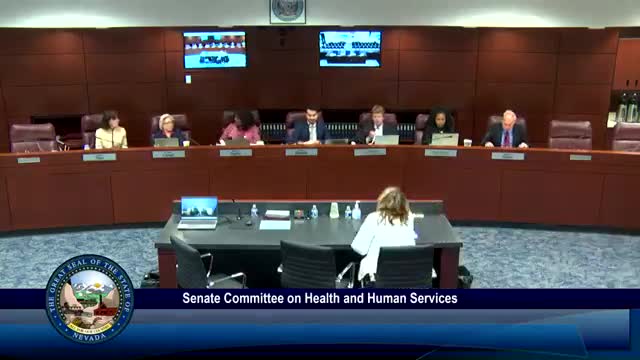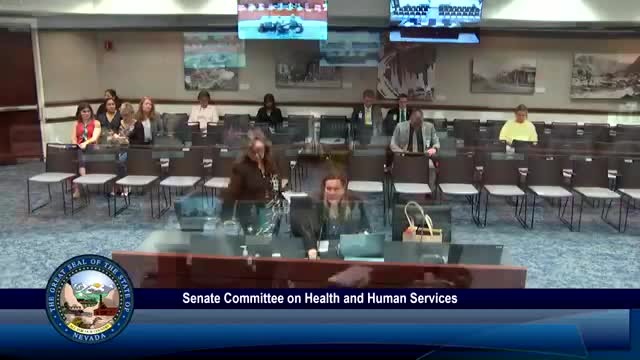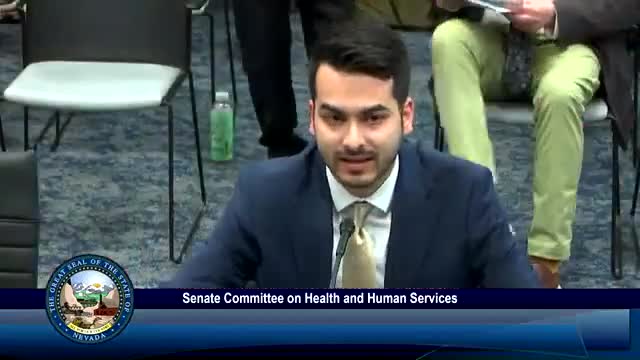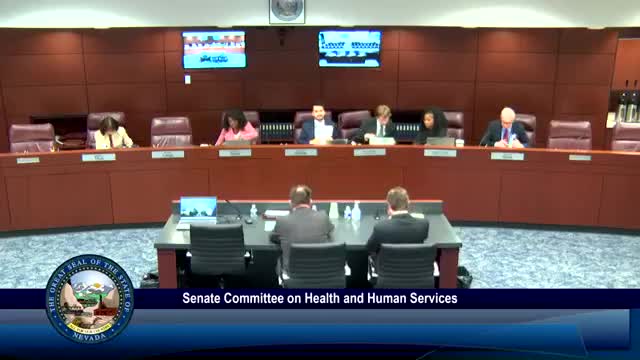Article not found
This article is no longer available. But don't worry—we've gathered other articles that discuss the same topic.

AB234 would codify Medicaid coverage for evidence‑based cancer screenings; sponsors shelve higher‑cost additions

Senate panel considers prior‑authorization reform to speed approvals, limit delays

Committee hears AB514 to allow Medicaid coverage for rehabilitative residential mental health treatment

